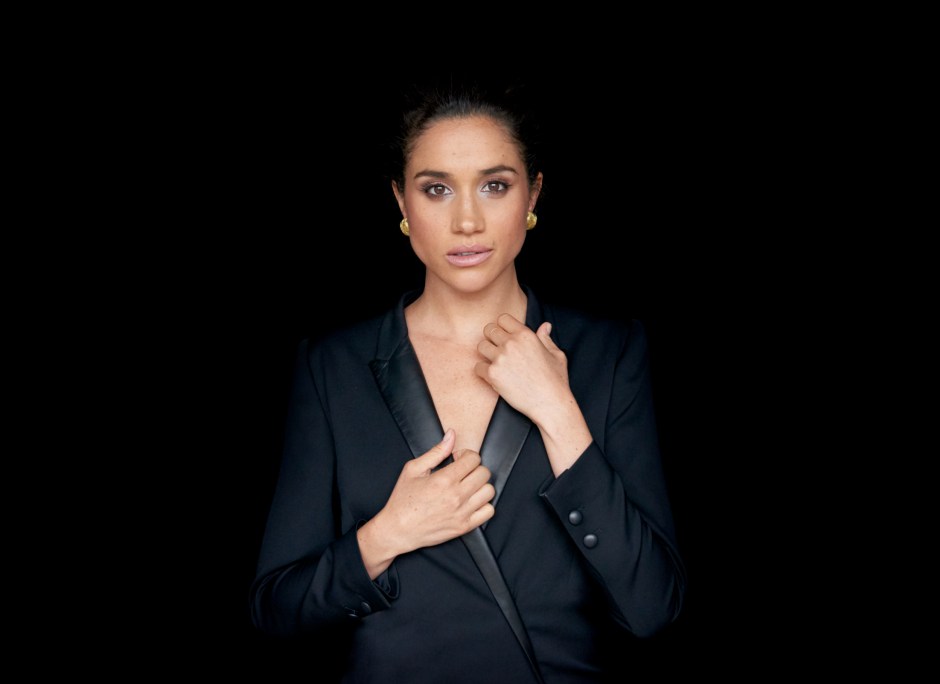This is an archival Bay Street Bull story from our Fall 2015 issue.
Meghan Markle is many things. You may know her as a beautiful paralegal on Suits, but outside of the hit TV show, she’s a curious soul that has been busy laying down the foundations of an empire based on living a meaningful, enlightened life.
Interview by Lance Chung
Photography by Janick Laurent
In an era where authenticity is constantly in question, Meghan and her lifestyle brand, The Tig, are keeping things real by focusing on what matters: great people, great experiences and great conversations. Here, the actress and self-proclaimed foodie talks about fashion, how to build a personal brand and the bond between her and her castmates.
SUIT UP
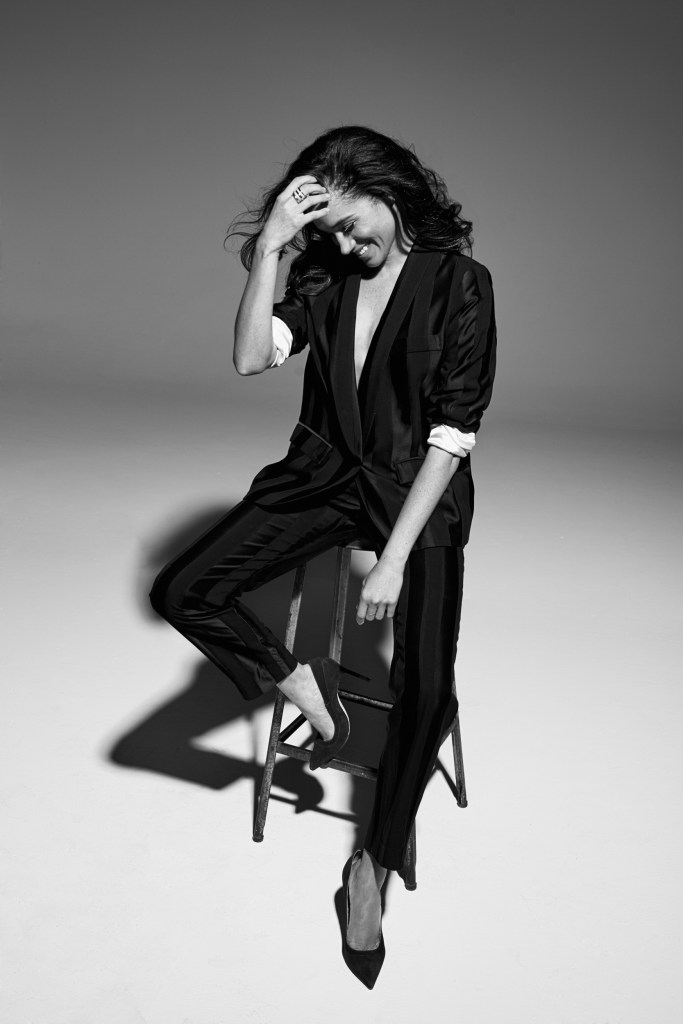

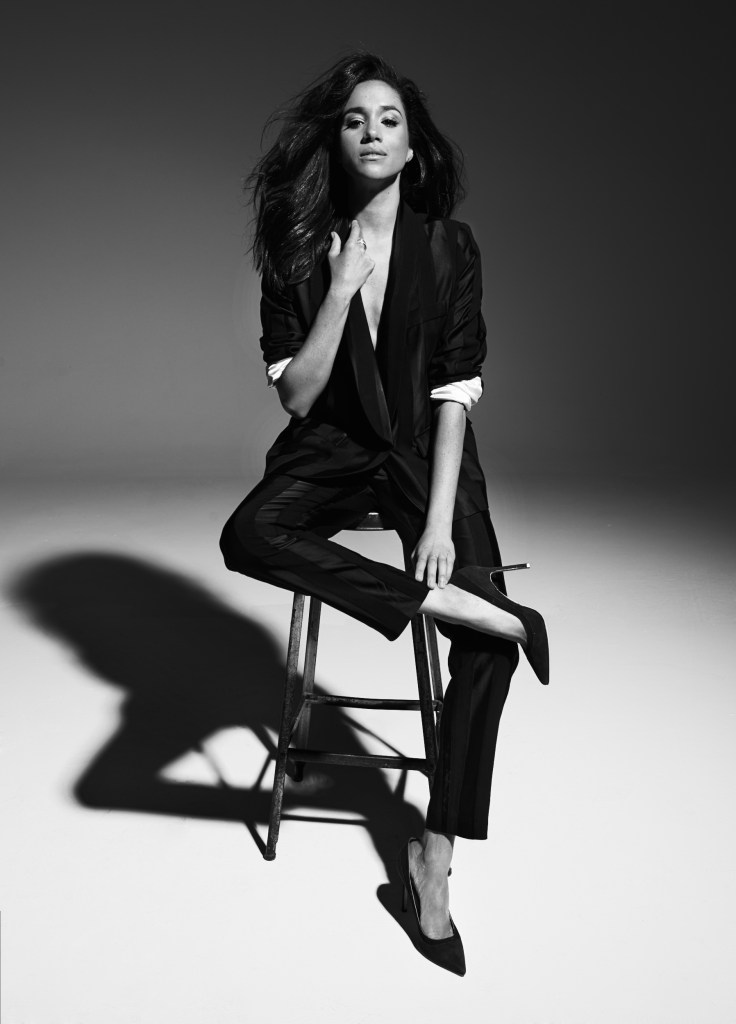

As an actor, and as a person, there is a parallel there. When I auditioned for the show, I was 28 and a year later, we did the pilot. Now, I’m 34. By the time the series is over, I will have spent close to a decade playing this character. You grow up tremendously through your twenties and thirties, and beyond that, I moved to Canada. This is now part of the narrative in my life. And from an acting standpoint, I think I have just got much more comfortable in my craft because when you are practicing on a daily basis like we are, it’s like being in a master class.
It’s known that the cast mates have an incredible dynamic off camera. How important is that when it comes to being on set?
It’s everything. I think the longevity and success of the show is a testament to the fact that we can all work in tandem with each other and have such close relationships. Now, we’re more like family. We have Thanksgiving dinners together where I’ll tell Rick [Hoffman], “Hey, stop cutting my turkey like that!” But those are the things that also inform how comfortable it is to watch us on camera together. Once we do the scene one way through, we always ad lib a little bit because there is a comfort level there.
If the cast were a high school class, which archetype do you think each of you would be?
I would say, though people wouldn’t expect it, Gabriel [Macht] is the Class Clown. It’s probably a dead heat with Rick on that one. Sarah [Rafferty] would absolutely be Homecoming Queen, and Gina [Torres] would be Most Likely to Succeed. Patrick is such a big tech geek and loves all the gadgets, so he’s the Nerd. We had to do this round table of behind-the-scenes stuff, and when we were asked if someone was going to be president from the cast, they all unanimously said me. So I’ll take that.
TO THE TIG, AND BEYOND
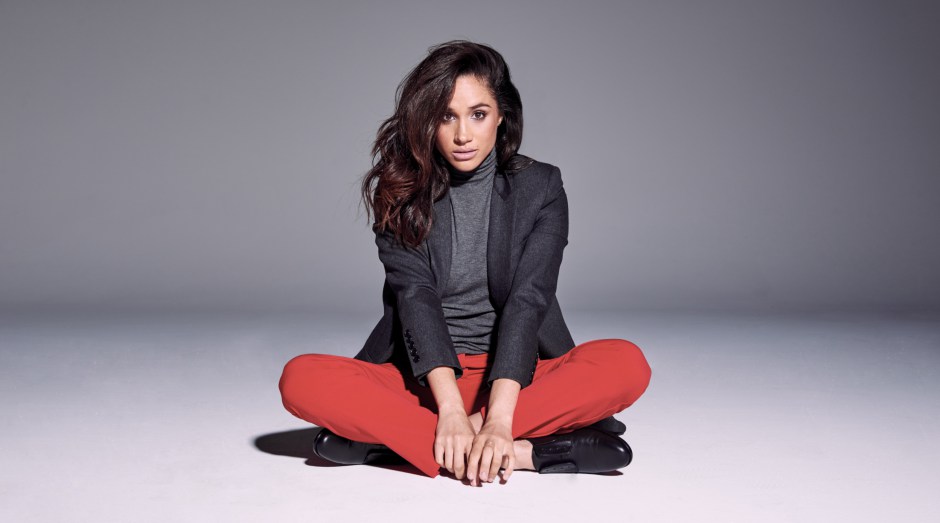

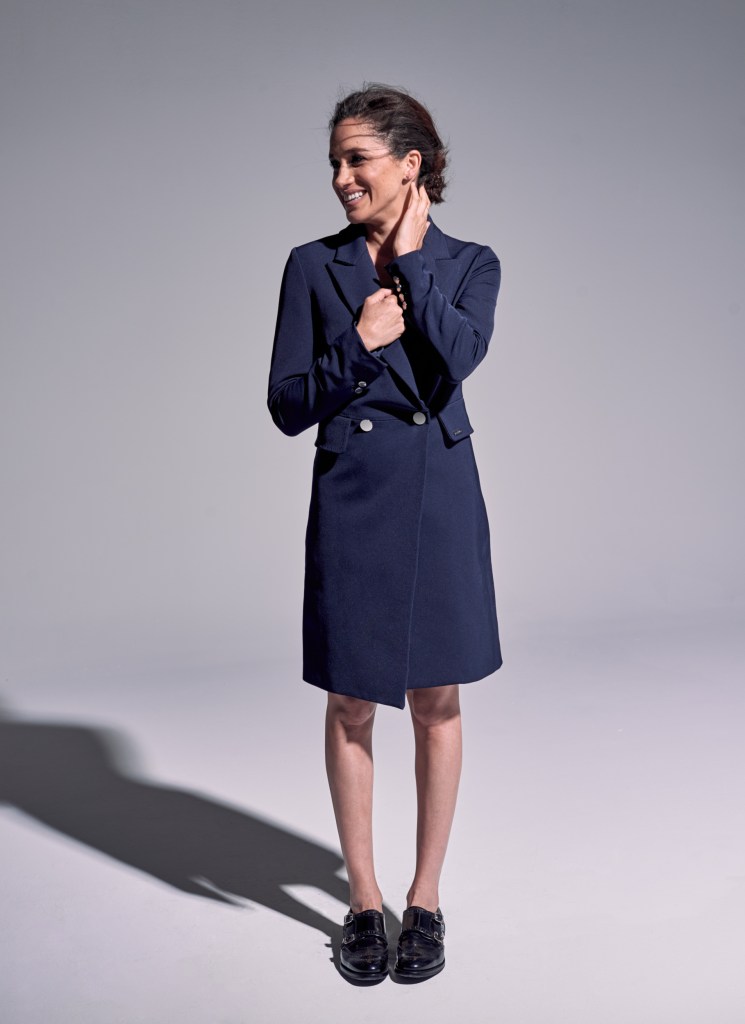

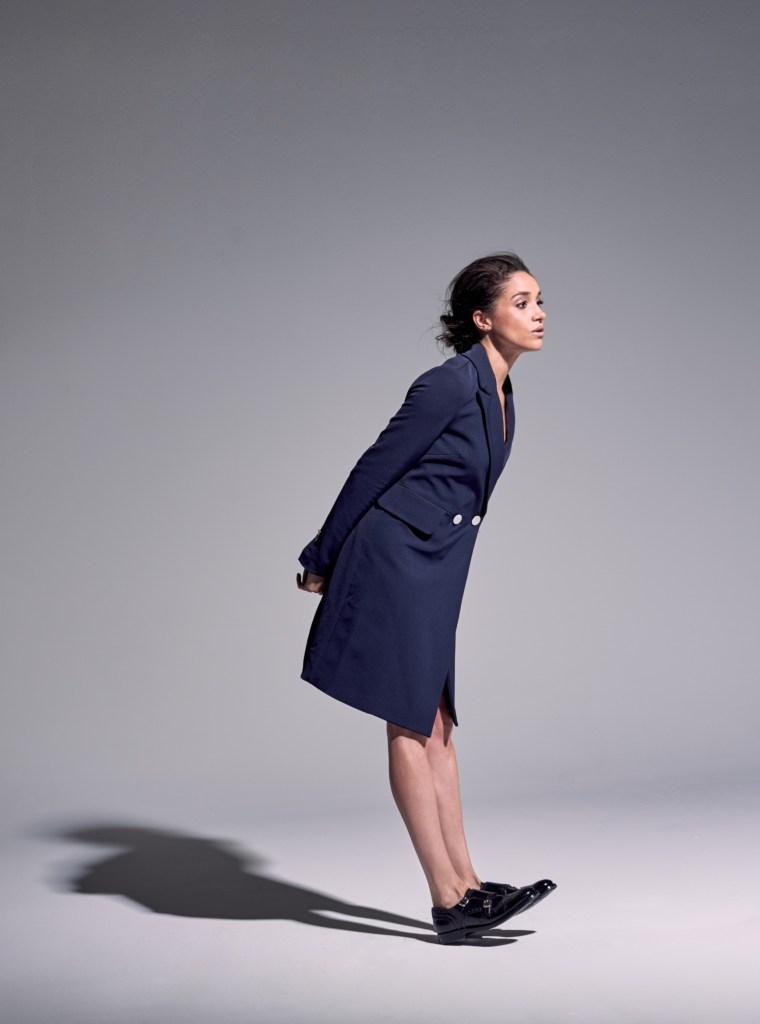

Once we started this show and saw how social media was playing a big part in fan engagement, we understood that the ethos was changing in terms of how people were communicating with each other. I have always been this go-to when people wanted to know which restaurant to try and where to go. My mom was a travel agent, so it’s always been a passion of mine. Food is quite near and dear to my heart, so in starting The Tig, I just wanted to create a hub to house all of those things.
Have there been any memorable moments from working on the site that stick out to you?
At the end of the day, what’s really got the most pickup, and seems to resonate the most, are the think pieces that I write. I wrote a piece for Elle UK that I repurposed for The Tig, as well as a story last year called “Birthday Suit”, also about self-empowerment. I am just humbled by how many e-mails that come in from men and women about self-identification. That, for me, is very validating because they are my words. I write everything on that website, so if people don’t like it, it’s personal. It’s very different from Suits, where if they don’t like my character, I have no control over that. I just bring someone else’s words to life. But on The Tig, I’m bringing my own words to life.
It seems like we are in the age of the personal brand. As an actor and someone that is constantly in the spotlight, is it important for you to create something that is separate from work?
I think The Tig is a strong example of how I relate to that because I could’ve done MeghanMarkle.com, but that didn’t interest me. From a business standpoint, I wanted to make something that was larger than me. Obviously with the success of Suits, my profile would help feed The Tig, but it is its own identity. We try to be as authentic as possible. I was offered a really sizeable amount of money to promote a brand with one Instagram post, but I pass on so many of those because people trust me to tell them the truth. What’s important to me is making people feel comfortable for who they are, as they are. At the end of the day, my brand is just me.
Do you think there is a proper way to go about building a personal brand?
I think you have to be very clear about what your end goal is. And that is going to be different for everybody. For me, authenticity is such a huge part of it. What I am clear on is that once young women start to look at me as a role model, I am very aware of the choices that I make based on that. That is part of what guides me in my thinking in terms of brand building. But also, I’m 34 and it’s something that comes with age and when you’re comfortable with yourself. It’s much easier to say no to things.
Do you consider The Tig a business? How do you see it evolving down the road?
There is a vision, and it’s a big one. I see it evolving into an international brand with many different iterations. It’s a timely question because those are conversations that are happening right now. But I just want to grow the team and certainly see it become even more impactful. Who knows, I wouldn’t be surprised if you saw a Tig cookbook or travel collaboration down the road. The opportunities are endless.
FINDING FASHION
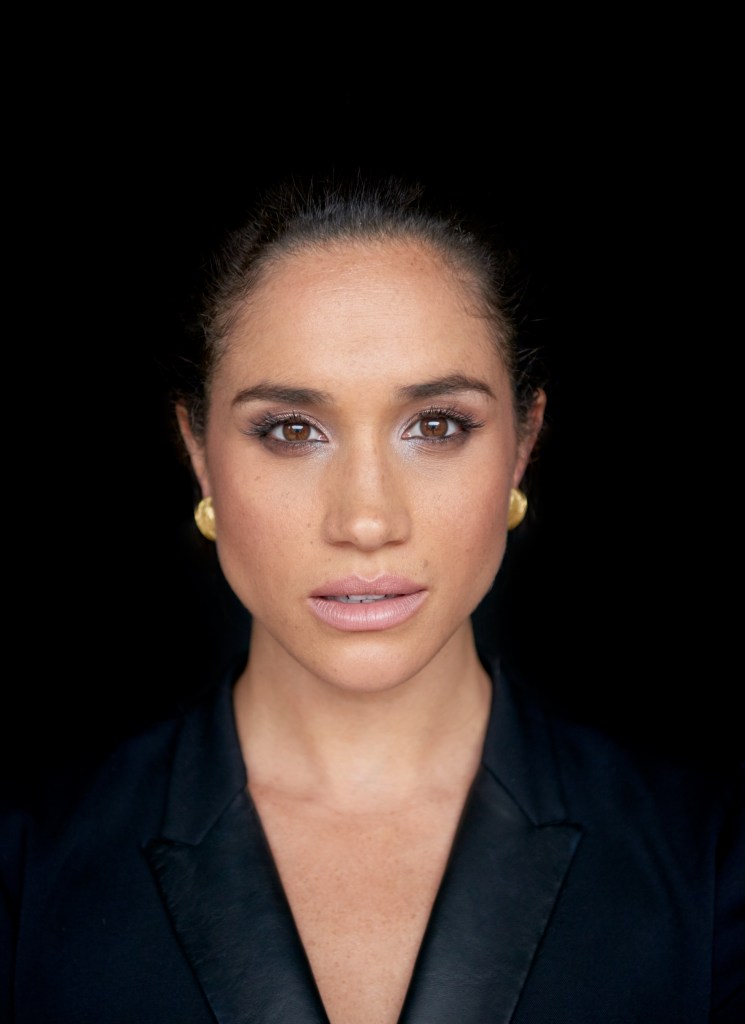

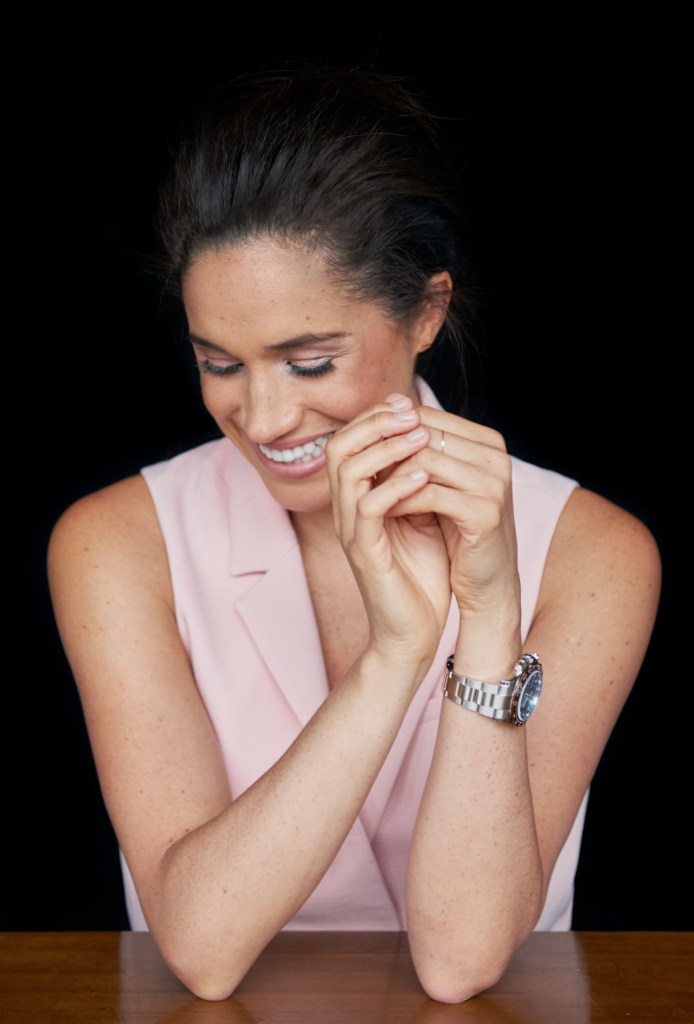

I grew up wearing a school uniform, so it wasn’t really on my radar. Traveling really influenced my love of a more global and eclectic way of piecing a wardrobe together, though. It wasn’t until Suits that I got this insane education on the value of really gorgeous clothes. The tailoring and craftsmanship were so beautifully done; it was something that I had never had access to before. Suits has also helped me understand the value of tailoring things. I don’t care what you buy, you should tailor it, even if it’s only a quarter of an inch. Make it work for your body.
To me, it’s really how you wear it. People have an assumption that I wear all these fancy pants things, but the flats I’m wearing now are from a Banana Republic sale that was online. It doesn’t mean that I don’t have gorgeous Sergio Rossi shoes at home, but I think mixing high and low is the name of the game. There’s a way for different price points to co-exist because that’s how people dress in real life.
You’ve met some great leaders in the fashion industry. How has that experience been like for you?
I think the coolest thing is the constant reminder that we are all just people. I remember being so nervous to meet Rachel Zoe backstage at her show. I don’t know why, she was the loveliest woman and very real. The one person that has really changed the way of thinking for me in fashion and opened a lot of doors was Joe Zee, who is actually from Toronto. I met him at a dinner for Kerry Washington, and he introduced himself as a big fan and we just became friends. He has been an endless support.
One of our mandates is to support our own homegrown talents in Canada. Do you have any favourite Canadian designers?
I’ve only been to one show during fashion week here, which was Mackage. Of course, with my relationships now, I’m trying to have more of an understanding of Canadian brands. Truth be told, we don’t wear them a lot on Suits because it is a New York-based show. For me, when I moved up here, all I knew was lululemon. But there’s certainly more happening here than that. Greta Constantine, for example, makes really strong dresses. Fashion-wise, it’s a constant education for me.
FOOD
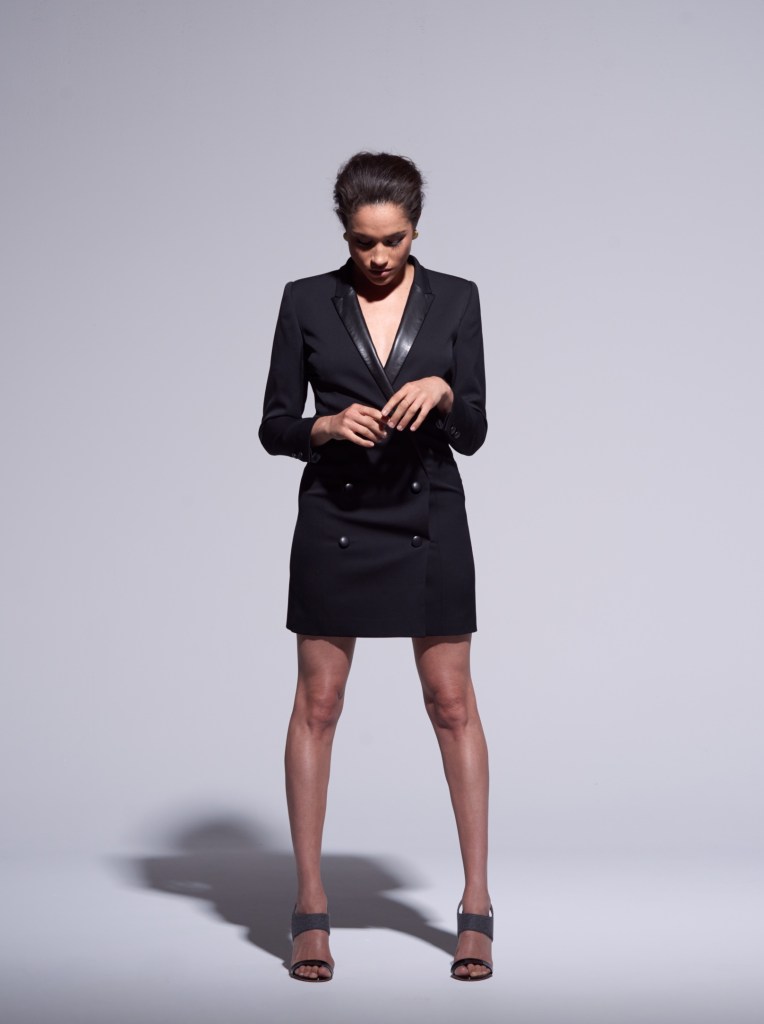

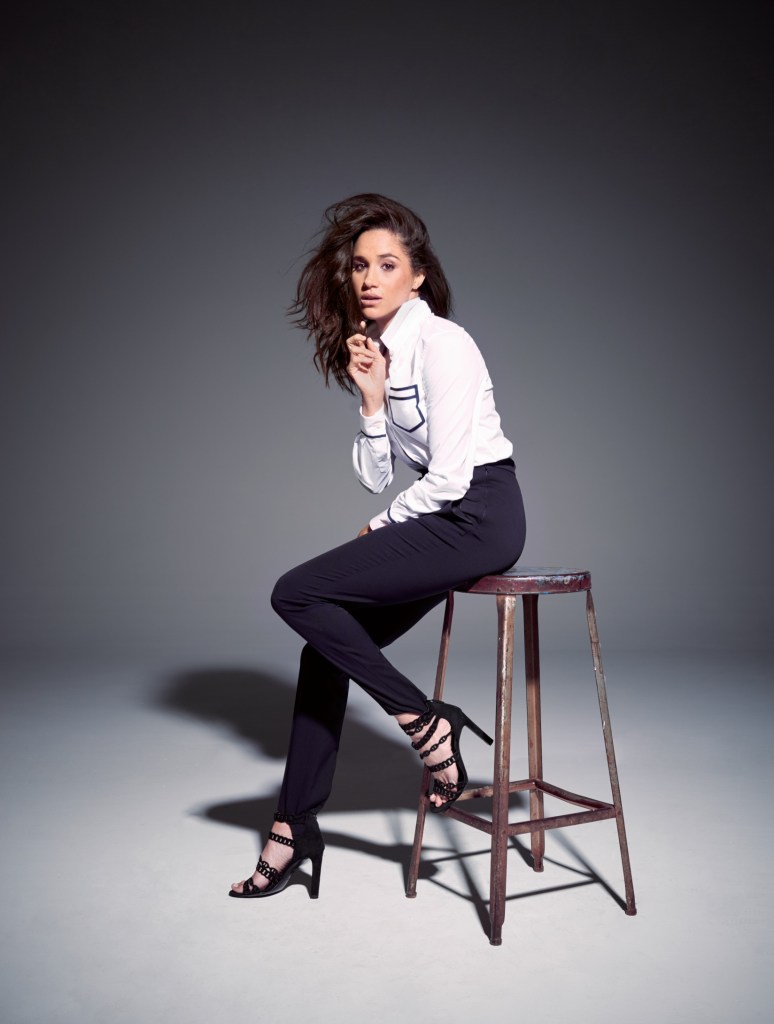

You’re quite the foodie, which is something that has also been integrated into your character on the show. What do you think it is about food that brings people together?
I think the story behind it. Everyone has a story of a soup they have when they’re sick that makes them feel nurtured, or a cake that makes them feel like celebrating. Whatever it is, we all have these really strong emotional associations with food. I also think that, for me at least, from a cultural standpoint, food can be such a passport to a different place when you don’t have the luxury or the means to actually go there. It can open doors and trigger your interest in things. I love Vietnamese food, so years later I went to Vietnam to see where these incredible flavours came from. I think that it can be a beautiful connective moment for people, on top of the fact that it can just be so freaking good. You really can’t go wrong with having a good meal with good company.
What is your fondest memory of food?
My mom would always cook. I would sit in the kitchen and watch her and learn how to make a really amazing gumbo. But my food memories with her were really travel-oriented. We used to go to Mexico, Hawaii and all sorts of places. I remember going to the Day of the Dead festival in Oaxaca and having the perfect mole before it was cool, before Oaxaca was known as a food destination. I was really able to authentically experience the culture, and my little taste buds would go dancing with excitement because it wasn’t normal food that you would always get.
Describe the perfect meal.
It changes. I’ve thought about this quite a bit. If you asked my best friend, she would say all I want to sit around is bucatini with arrabbiata sauce. Whatever it is, let’s be really clear, it would be a carbohydrate. Whatever iteration it would be of that on a day, whether it’s a burger or a pasta, my last best meal is not going to be me sitting there eating kale and a piece of fish, as lovely as that may be. I love my carbs.


